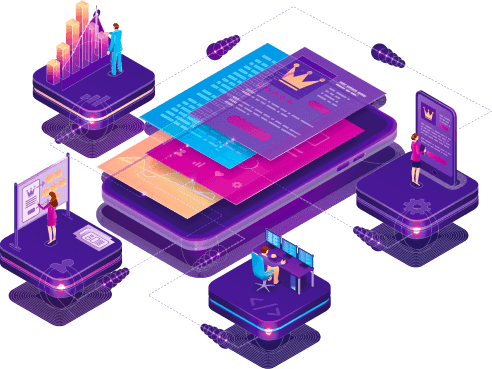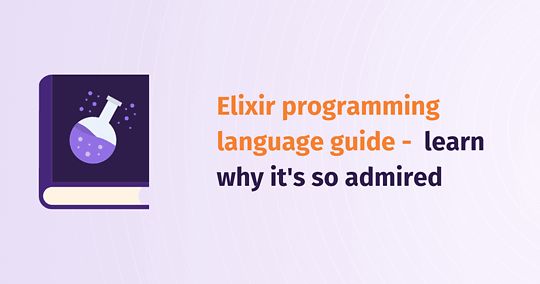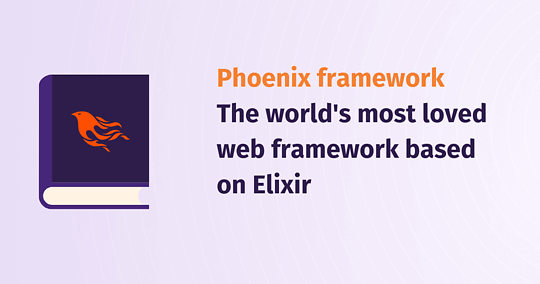
Focus on your business,
we'll take care of the app
Web & Mobile Development team for startups and established businesses

Battle tested
in
multiple industries
With our vast expertise in several industries, we make sure to deliver great software that meets your business goals.
"Finding experts in the tech stack we use - Elixir, Phoenix, React, GraphQL - is not easy. Curiosum understood our business perspective well and offered valuable feedback. That is exactly what we expect from our outsourcing partners."

"Curiosum helped us substantially to introduce OTP and caching concepts into out app as well as formulate the increasingly complex API in a concise manner. They played essential role in the development of our product."
"Curiosum team have been great to work with, and we would certainly recommend them. Both of the developers we've had from them have been talented, hard working and a great asset to our team."
"Curiosum team has adapted very well to the way we work and has been able to give valuable contribution to our overall product development."
"Thanks to Curiosum, the platform now supports 10 times more users within the same server capacity. Also, external and internal stakeholders are happy with the quality of the application. Overall, the team works seamlessly through two-week sprints, using Slack and Jira for project management."
Gain a competitive advantage with our proven development team
We help partners achieve their goals through staying cohesive and competitive, with latest tech and top experts.








Technologies you can trust
Using the right technology stack makes or breaks app development. We only use technologies that are...

Using best tools for backend and frontend development alike, along with technology choices for server infrastructure and data storage, makes our work robust and reliable.
An Agile Development Cycle that simply works
Shaping ideas
Developing features
Release & feedback
Let’s nail down the functional requirements and crystallize the idea.
From MVP design & planning, and through every sprint – you have our full dedication and expertise.
We make sure the schedule is in the green and features – thoroughly tested – work as you want them to.
Our team uses the best tools and all work is thoroughly quality-checked.
Through two-way feedback and full transparency, your control over the project is unparalleled.
Each sprint brings you closer to a final product.
Shaping ideas
Developing features
Release & feedback
Let’s nail down the functional requirements and crystallize the idea.
From MVP design & planning, and through every sprint – you have our full dedication and expertise.
We make sure the schedule is in the green and features – thoroughly tested – work as you want them to.
Our team uses the best tools and all work is thoroughly quality-checked.
Through two-way feedback and full transparency, your control over the project is unparalleled.
Each sprint brings you closer to a final product.











 14 min read
14 min read
 13 Mar 2024
13 Mar 2024


